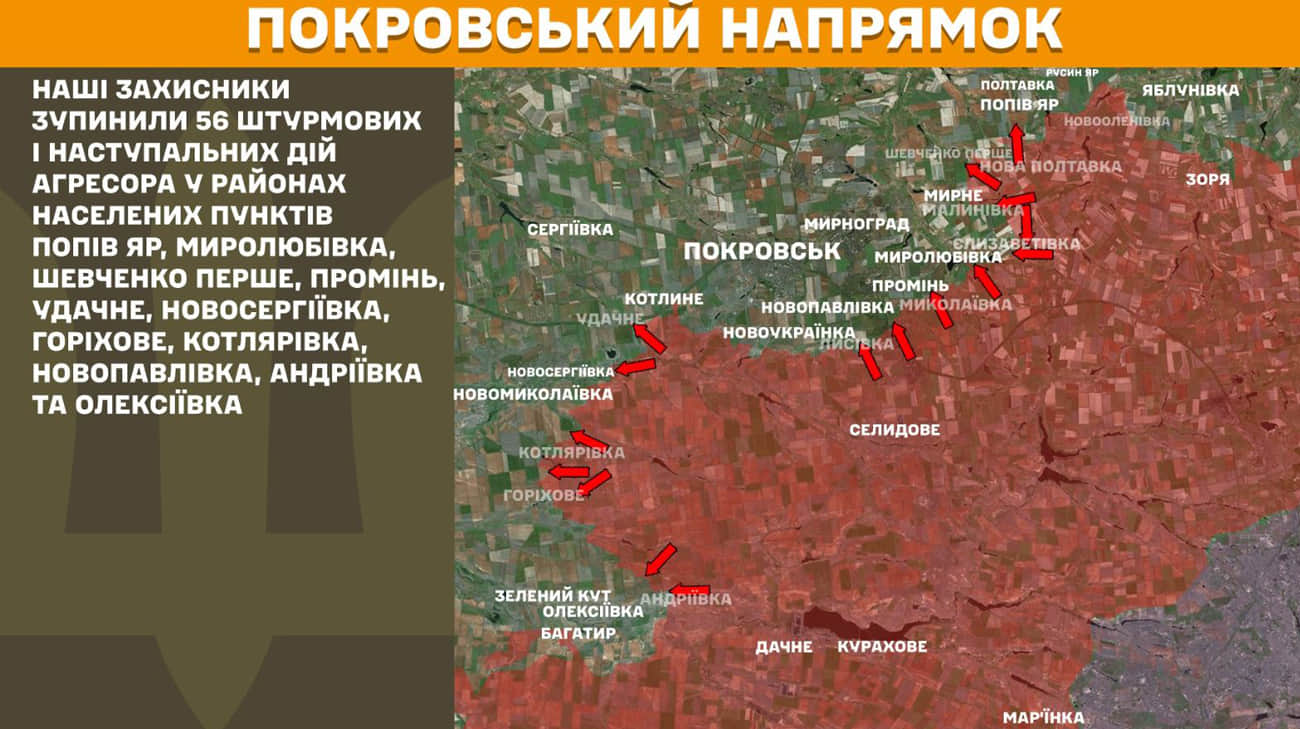Europe must take up the battle in the space race against China

Life in space is exciting, but perhaps not quite so glamorous, Marcus Wandt notes, showing a picture of a space too during a speech at the Women in Tech conference.
For most people, he is probably best known as the third Swede who has been in space. Everyday, however, he assumes the role of innovation manager at the defense company Saab, who has seen its demand, and share price, to height as a result of the geopolitical turmoil.
Space and security are strongly interconnected, which is not least evident in extended space initiatives in the defense.
– The ability that a space infrastructure provides is absolutely crucial security policy and it is serious if we do not have it, Marcus Wandt told DN.
For the moment, dominated The playing field of the US and China, while countries like India are trying to chase. With that said, we should not calculate Sweden and Europe, emphasizes Marcus Wandt and emphasizes that there is both competence and a strong industrial base to build on.
– It is mostly about making the choice to put us more in the front seat to create greater own abilities, all conditions exist. The weakness is that we must agree between several countries in Europe and dare to take risks at a different level than before. Before we have been able to rely on others.
Collaborations are necessary but may also be fragile, and Russia has been excluded from several space projects. Europe is dependent on the United States and NASA is planning manned moon landings in the coming years.
At the same time, statements from Donald Trump have created uncertainty about how much one can rely on the United States. At his side, he also has Elon Musk, which aims for Mars and runs Space X, which dominates with his Starlink satellites.
– I think many analyze and review their dependencies. It is difficult to remove everyone, then we can back in places we do not want to back, but you will probably be more conscious, says Marcus Wandt.

Parallel to this has China pressed the gas at the bottom with what Marcus Wandt describes as an « ambitious space program ».
– The plan is to bring up a space station, land with people on the moon and establish a lunar base. There is nothing that indicates that they will not do this.
He expresses concern that the Western world will end up and tells us that he usually plays with the idea of what would happen if Swedes were to be alone on the moon for a whole generation.
– Would the next generation then think that the moon is everyone’s or that it is Swedish? You would probably think that it is quite Swedish, and I think that can be the effect if China goes there and is there themselves.
And that would be problematic, says Marcus Wandt.
– It is mainly about the resources you get if you build an infrastructure around the moon. All the technology, competence and what you get back will of course also create competitiveness and a lead on earth as well.
Marcus Wandt says that He already sees such patterns today.
– Countries that lack some stuff must not sit at the table. If Sweden and Europe backs, we lack weight and find it difficult to communicate our values. When it swings around the world, it is more important than ever to have something to come to the negotiating table.

Christer Nilsson, Deputy Director General on the Space AgencyThe He also notes that there is a lot of uncertainty right now, for example linked to Trump’s customs.
– Electronics is a sensitive area and if it becomes more expensive it is clear that it will affect the cost of space projects, he traces.
Can the geopolitical uncertainty lead to Europe stepping up?
– It is the hope of many when you cannot trust the United States and definitely not China. Then you have to develop the capacity yourself, not only for exploration but also to be able to offer future attractive collaborations.
Christer Nilsson emphasizes that Europe is strong in environmental and climate monitoring but is lagging behind in other areas. He believes that the Swedish space market has relied a lot on state aid and has not been as commercial as in other leading countries.
– The domestic European space market is quite weak, especially on the defense side.
Christer Nilsson adds That the moment is currently underway on whether Europe needs its own capacity to send people in space.
It would be costly, but reduce dependence on the United States.
– It is natural that the United States is not interested in Pusha Europe to develop things that can compete with their own industry, says Christer Nilsson.
Read more:
Suspected life on another planet – 124 light years away
The astronauts back on earth after nine months: « There are questions I should have asked »








